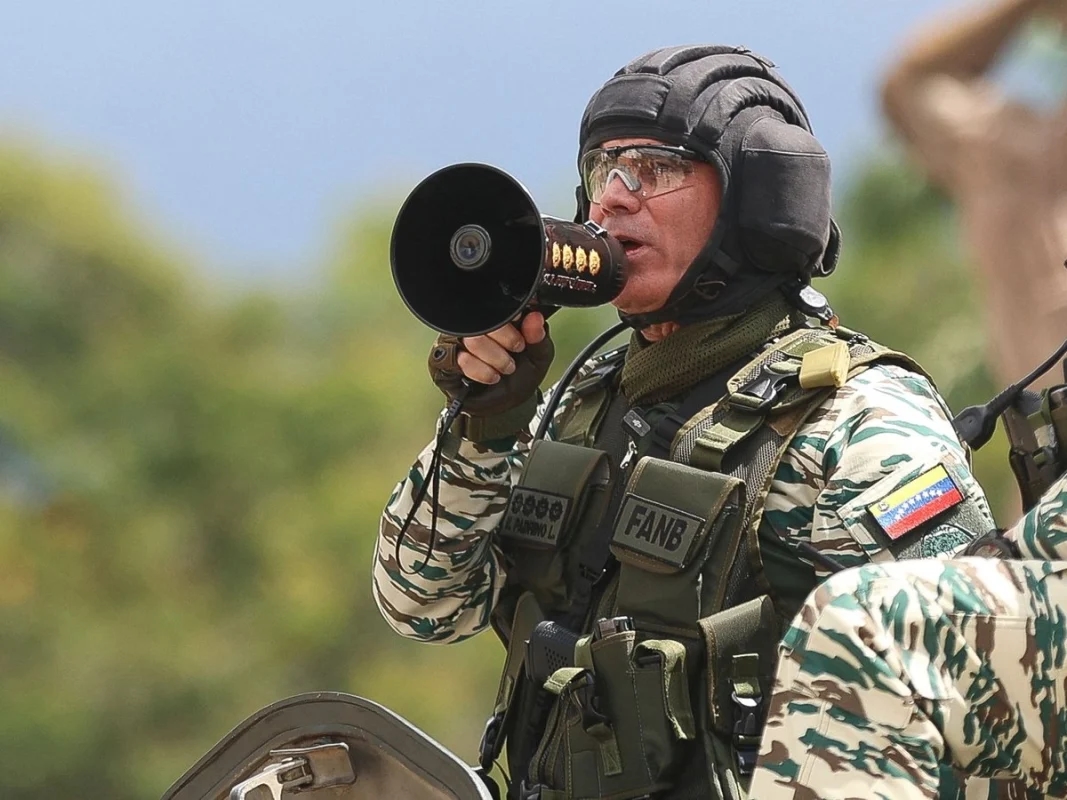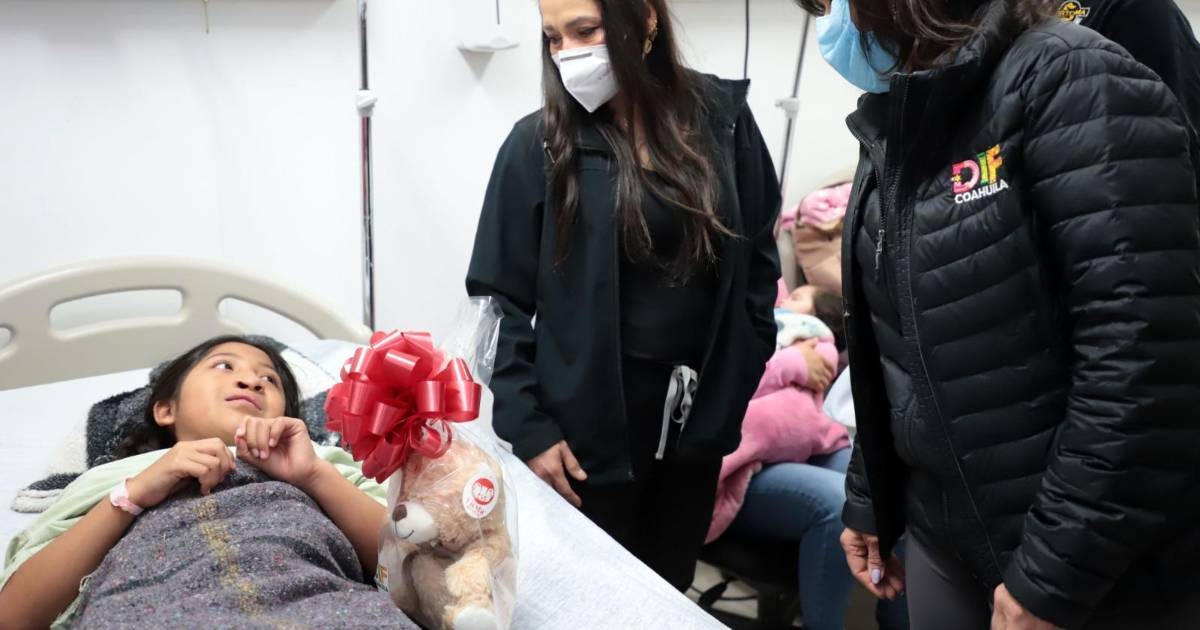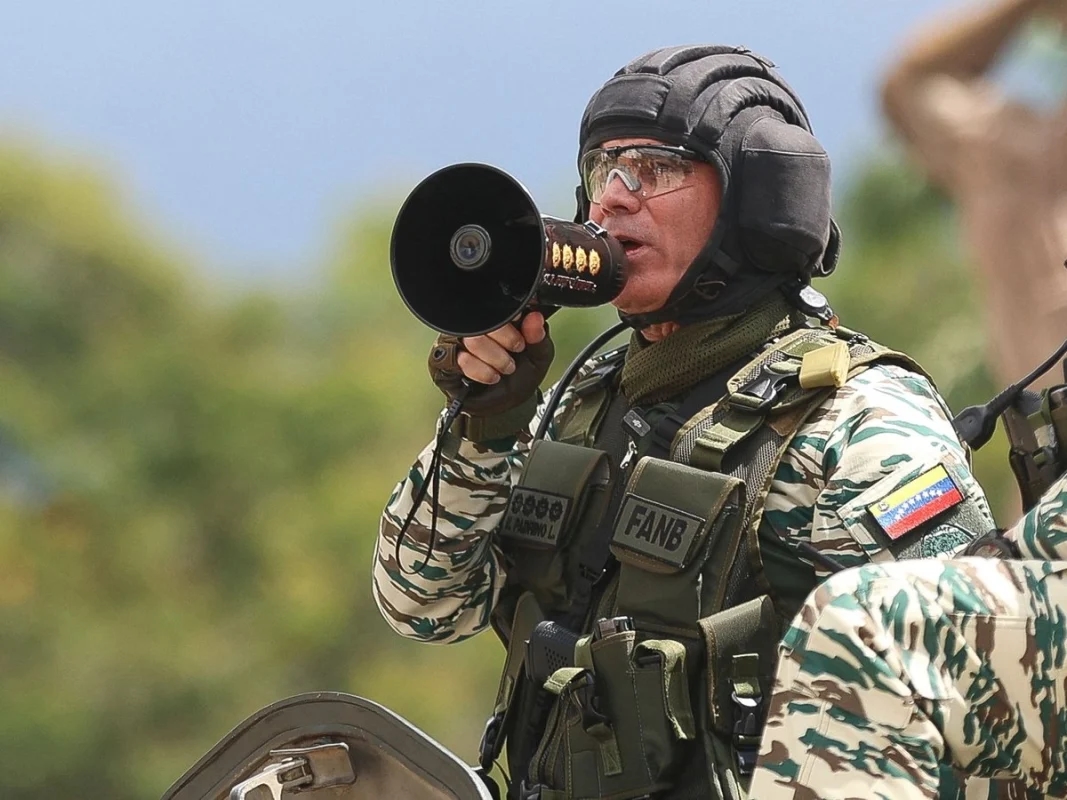Venezuela patrols its coasts and tests weapons systems in response to the US military threat.

The Bolivarian National Armed Forces (FANB) deployed a broad military operation this weekend along the entire Venezuelan Caribbean coast. Under the name "Defense of the Independence Coast 200," the exercises aim—according to President Nicolás Maduro —to protect the territory from "external and internal threats" from the United States , which he accuses of planning a military intervention to overthrow the Bolivarian government.
The deployment extends across nine coastal states : Zulia, Falcón, Carabobo, Aragua, Miranda, La Guaira, Anzoátegui, Sucre and Nueva Esparta, and involves land, air and sea operations lasting at least 72 hours .
Defense Minister General Vladimir Padrino López personally supervised the exercises from the mountains that connect Caracas to the central coast, in La Guaira.
"We are conducting scientific range exercises with our weapons system for close range; La Guaira has always been a strategic key to accessing maritime and commercial spaces," explained the military high command, highlighting the importance of the operation in maintaining Venezuela's maritime sovereignty .
The maneuvers included the activation of naval patrol units , land artillery pieces and the participation of the Bolivarian National Militia , as well as the Communal Militia Units , made up of civilians recently trained to act in territorial defense tasks.
Venezuela has strengthened its military structure with the creation of the Rapid Reaction Units (URRA) , mixed squads composed of professional soldiers, militiamen and members of the Bolivarian National Police (PNB) .
These units are intended to respond accurately and quickly to potential attacks or emergency situations, both domestically and in conflict situations.
During the exercises, Coast Guard and coastal surveillance units also carried out maneuvers to protect maritime routes from drug trafficking and ensure control of the coastline against any attempted incursion.
In a move parallel to the military maneuvers, President Nicolás Maduro asked the Supreme Court of Justice (TSJ) to revoke the Venezuelan nationality of opposition leader Leopoldo López , who has been exiled in Madrid, Spain , since 2019, after escaping from prison where he was serving a sentence for crimes related to political violence.
The measure comes after López stated in an interview that he supported a U.S. military intervention in Venezuela, calling it "the right thing to do."
Maduro accused the opposition of promoting foreign aggression and an economic blockade against the country. According to Vice President Delcy Rodríguez , the presidential request is based on Article 130 of the Constitution and the Simón Bolívar Liberator Organic Law , enacted in 2024.
Rodríguez reported that both the Foreign Ministry and the Administrative Service of Identification, Migration and Foreign Affairs (SAIME) have already been instructed to revoke López's passport and proceed in accordance with established legal protocols .
"This action is a direct response to López's illegal call for a military invasion and his complicity with foreign governments that promote sanctions against our people," the official stated on social media.
The Venezuelan Constitution establishes that all citizens must "honor and defend the homeland, protect sovereignty and territorial integrity," while the Simón Bolívar Liberator Organic Law provides for prison sentences, fines, or political disqualification for those who participate in foreign sanctions or coercive measures against the country.
With these exercises, Nicolás Maduro's government seeks to demonstrate military might and internal unity in the face of growing diplomatic tensions with the United States, which has maintained sanctions on senior Venezuelan officials and the country's energy sector.
The underlying political message is clear: Venezuela will not allow outside intervention and is prepared to defend its sovereignty by all available means , including the mobilization of civilian militias and the use of its coastal defense systems.
The "Defense of the Coast Independence 200" exercise is part of a new phase of geopolitical tension between Caracas and Washington. While the Venezuelan government seeks to reaffirm its authority and military cohesion, the United States maintains its critical stance toward what it considers an erosion of democracy and human rights in the South American country.
For now, Venezuela's military maneuvers send a symbolic and strategic warning , but they also highlight the growing risk of diplomatic or military escalation in the Caribbean, an increasingly important region in the continental power structure.
La Verdad Yucatán





